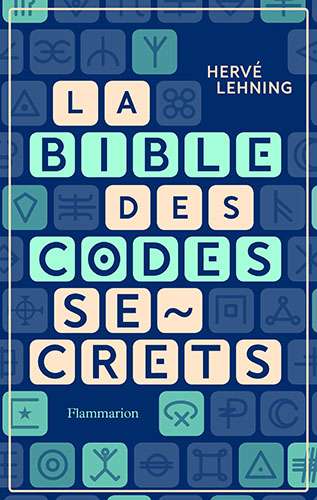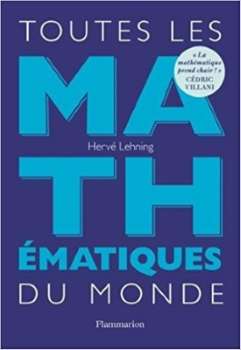A certain number of mathematical problems and puzzles come to us from the Middle Ages like the one explained below. It is about theft and sharing. Algebra simplifies its resolution but we can also do without it. Small demonstration.
Thieves steal a stock of sheets. They decide to share it fairly among themselves. If each receives six ells, there are six remaining. And if everyone gets some seven, seven are missing.
What is the number of thieves?
Answer: 13
How do we get there mathematically to this result? L’algebra allows you to solve very simple equations. If we ask x the number of thieves and y the number of sheets of cloth, the proposition mathematical is thus stated 6 x + 6 = y and 7 x = y + 7. By differentiating these two equations, we obtain x = 13. We can also reason and reflect on this enigma in a more subtle way. Imagine that each receives seven first, then that one takes back six of them, it is like giving him only one. Seven plus six are missing. That is to say thirteen hence the number of thieves. CQFD
Learn more about Hervé Lehning
Normalian and agrégé in mathematics, Hervé Lehning taught his discipline for more than forty years. Crazy about cryptography, member of the Association of Cipher and Information Security Reservists, he in particular unraveled the secrets of Henry II’s cipher box.
Also to discover: The universe of secret codes from Antiquity to the Internet published in 2012 by Ixelles.
Interested in what you just read?
Subscribe to the newsletter Fun math : every week, Futura deals with a mathematical question for the pleasure of 7 to 77 year olds. All our newsletters
.
fs4


